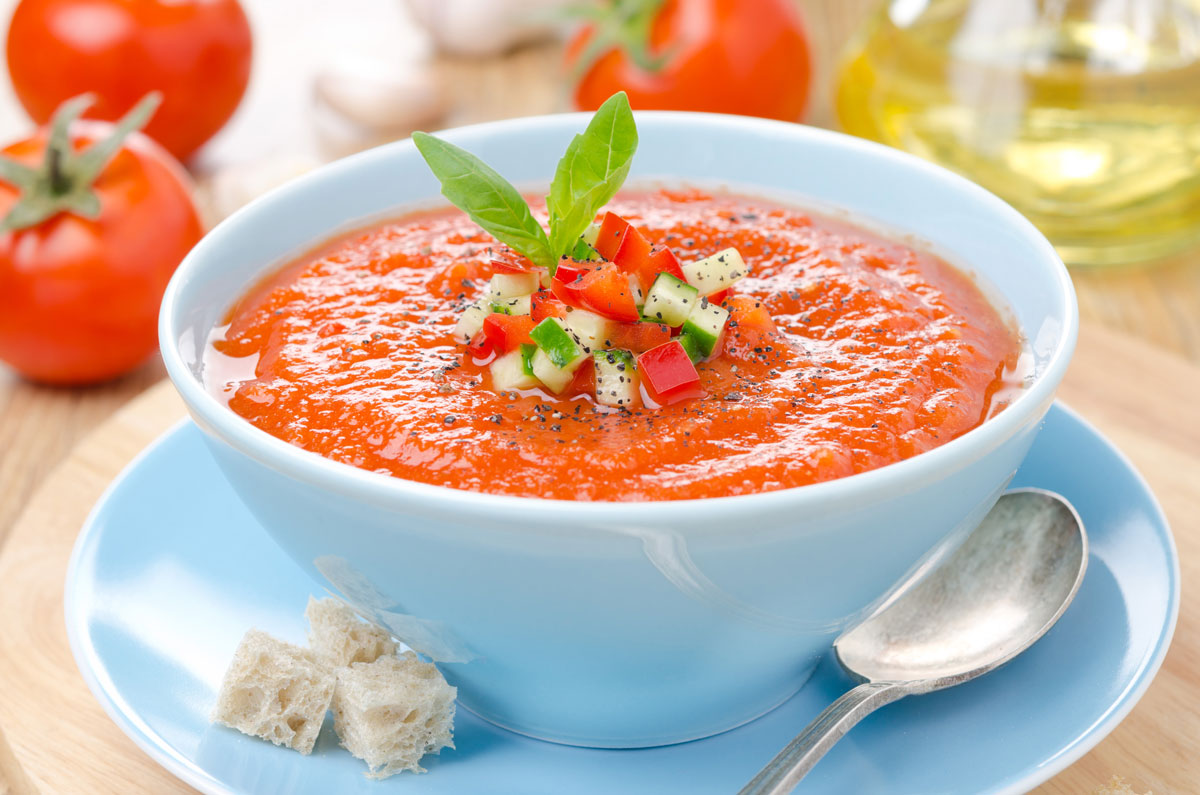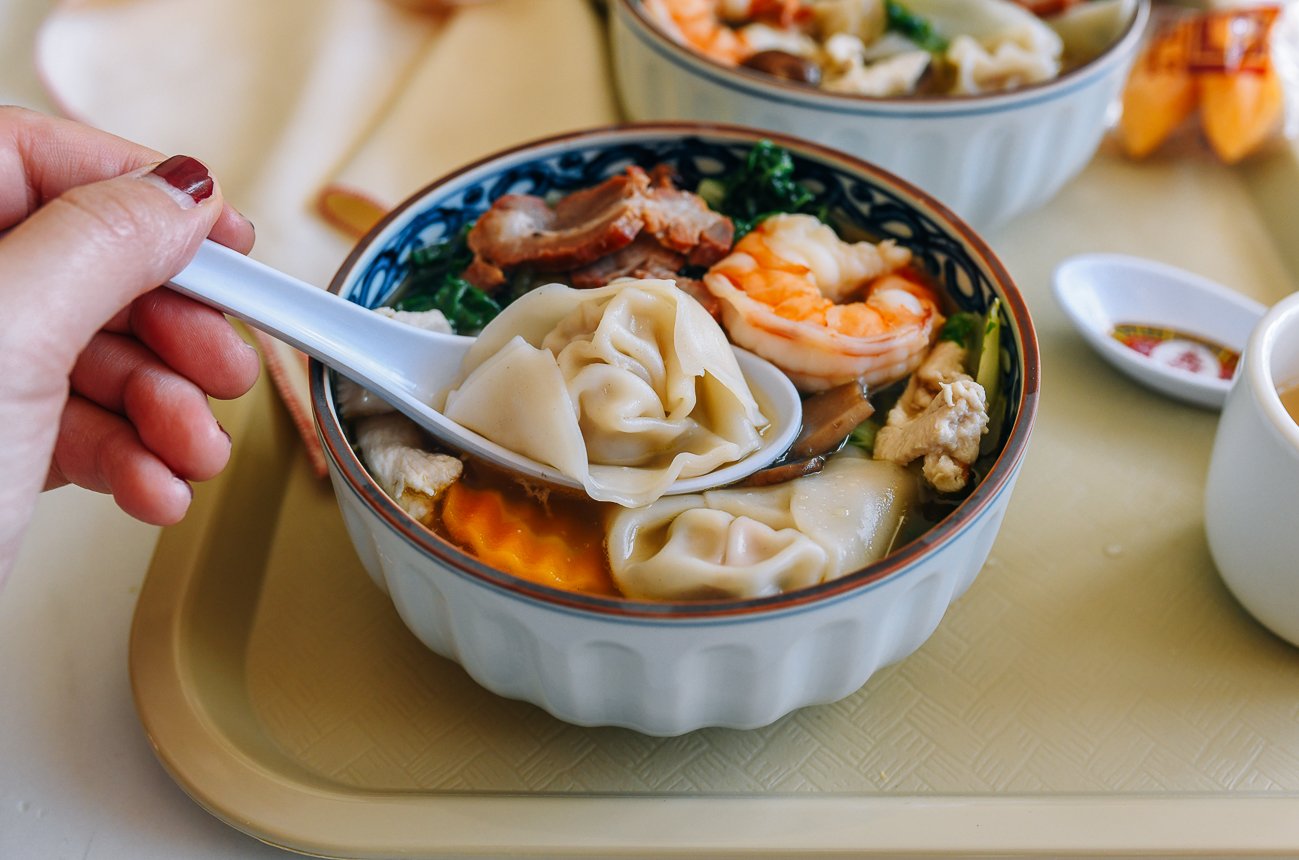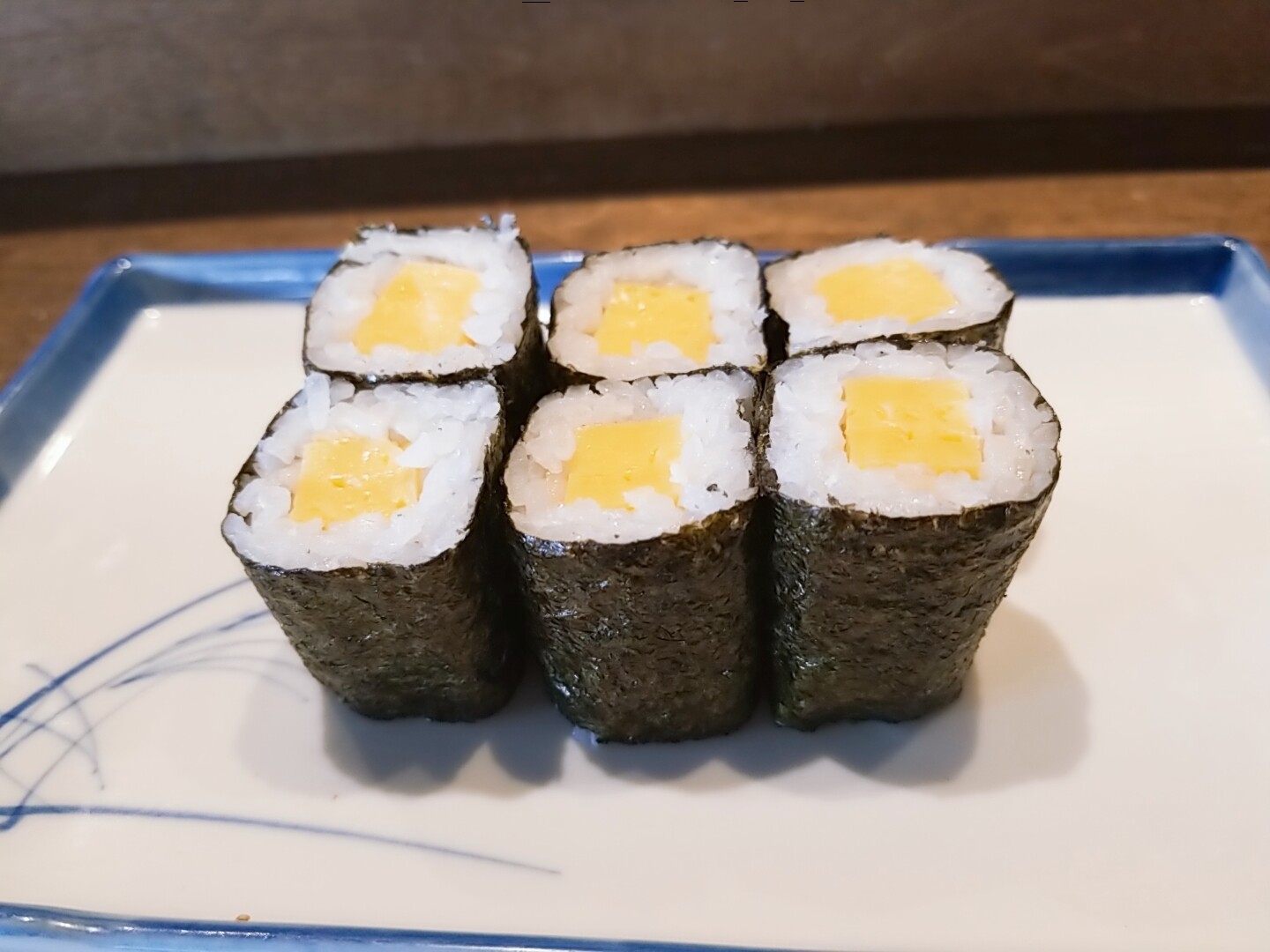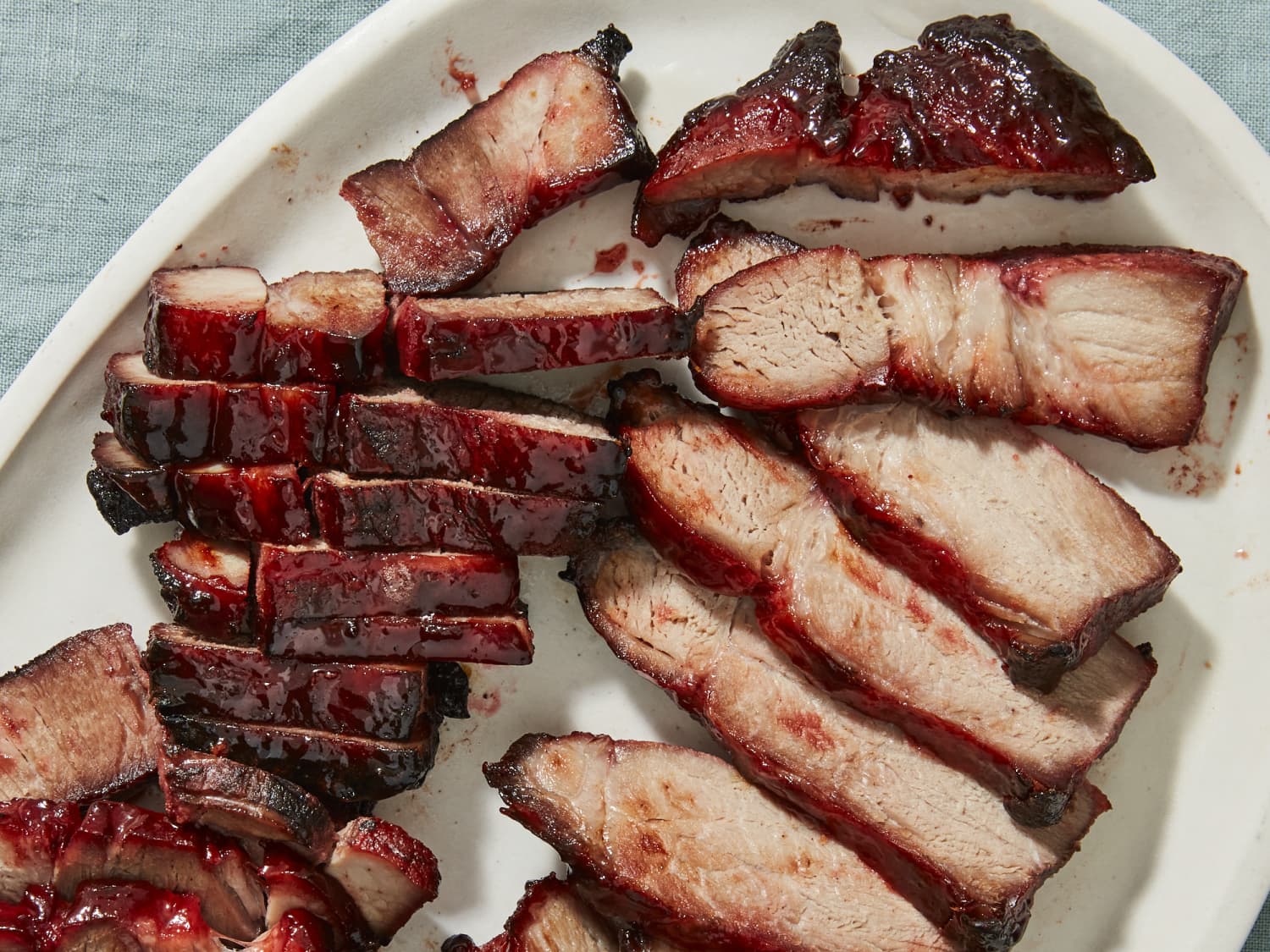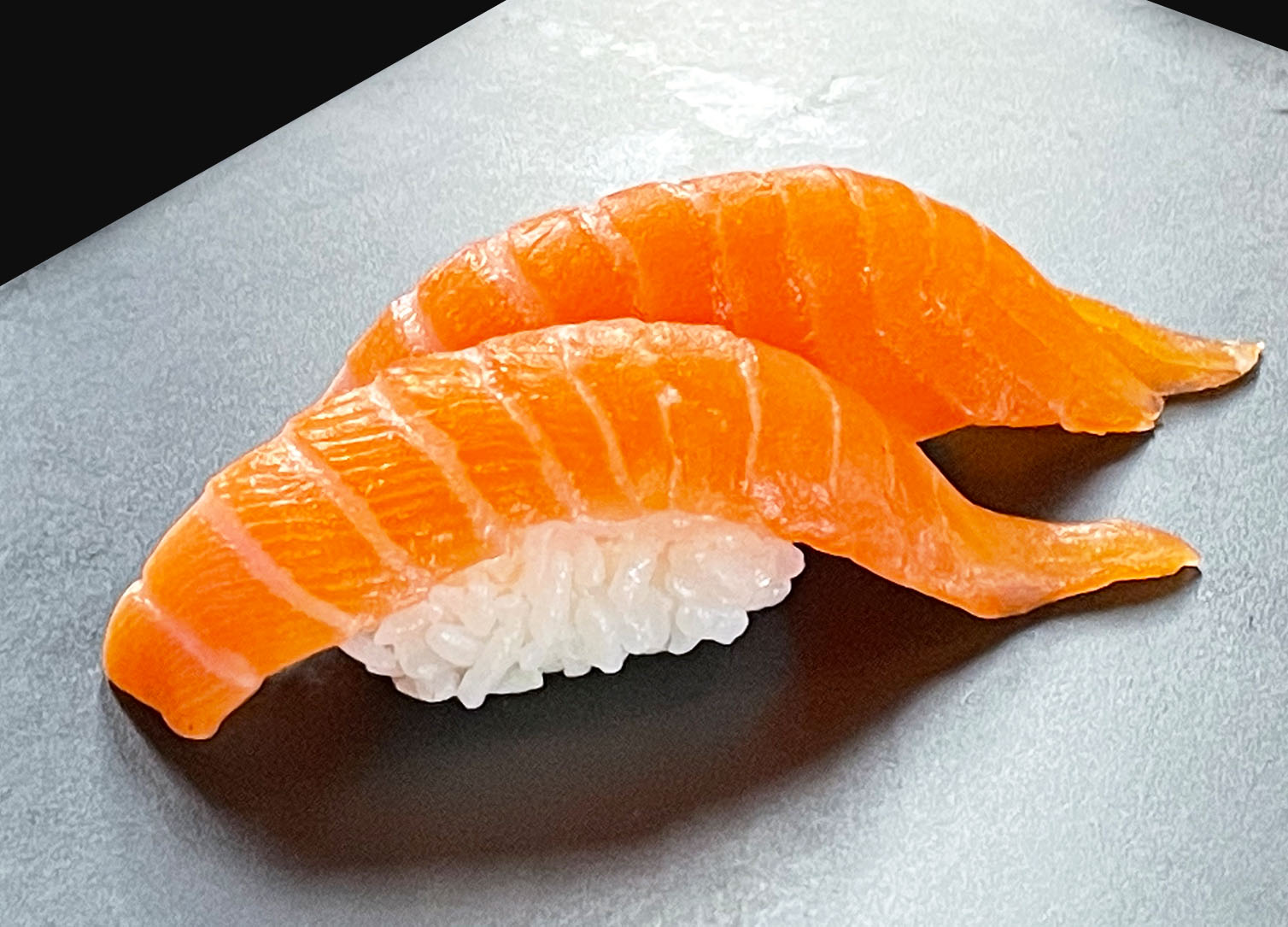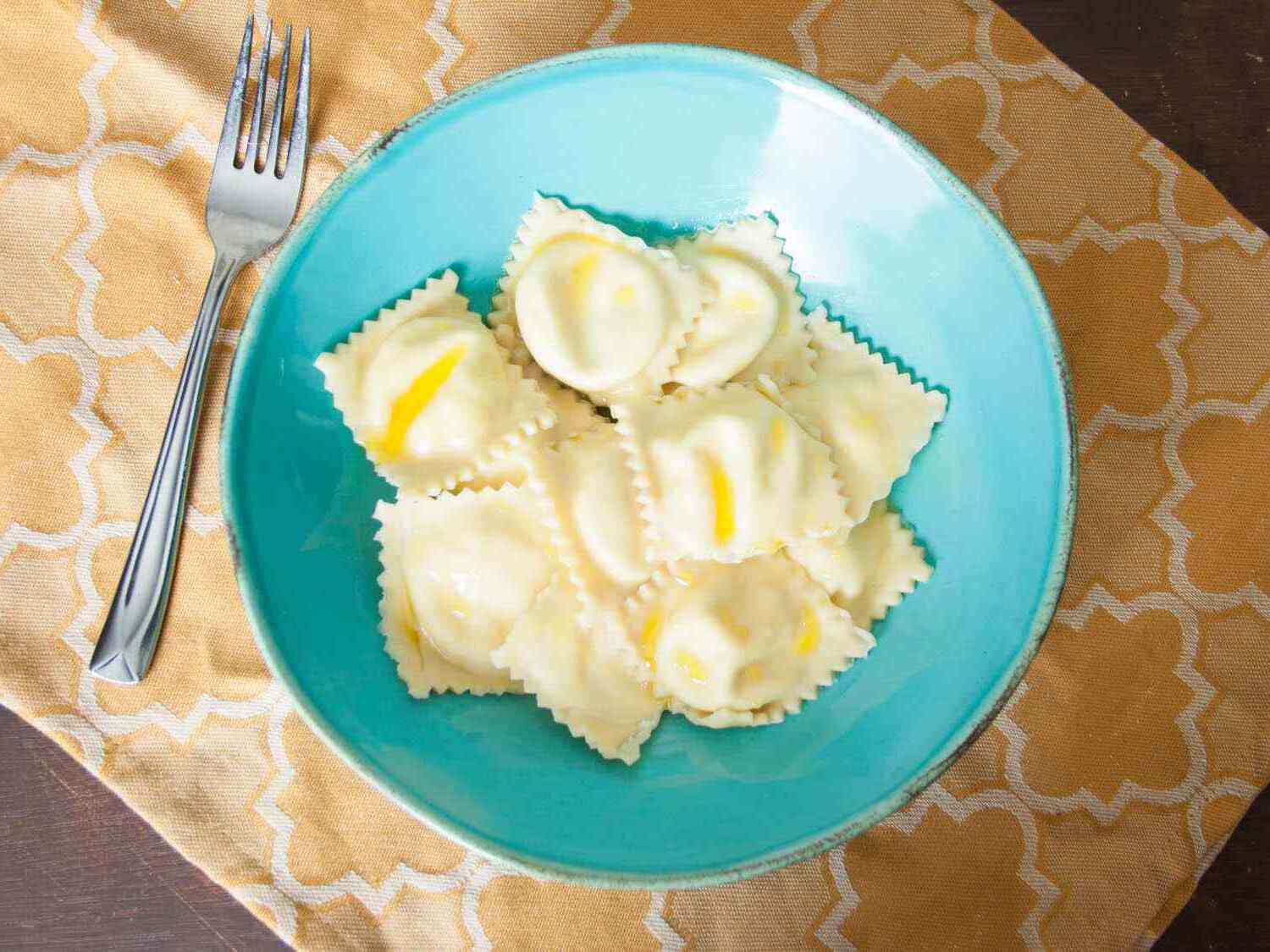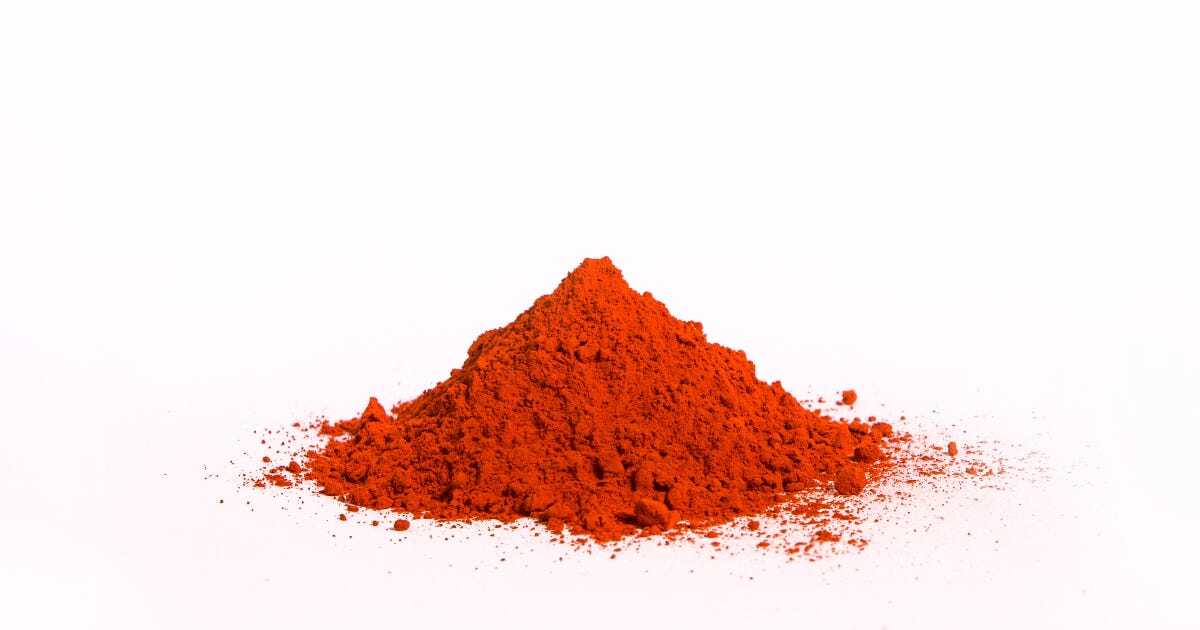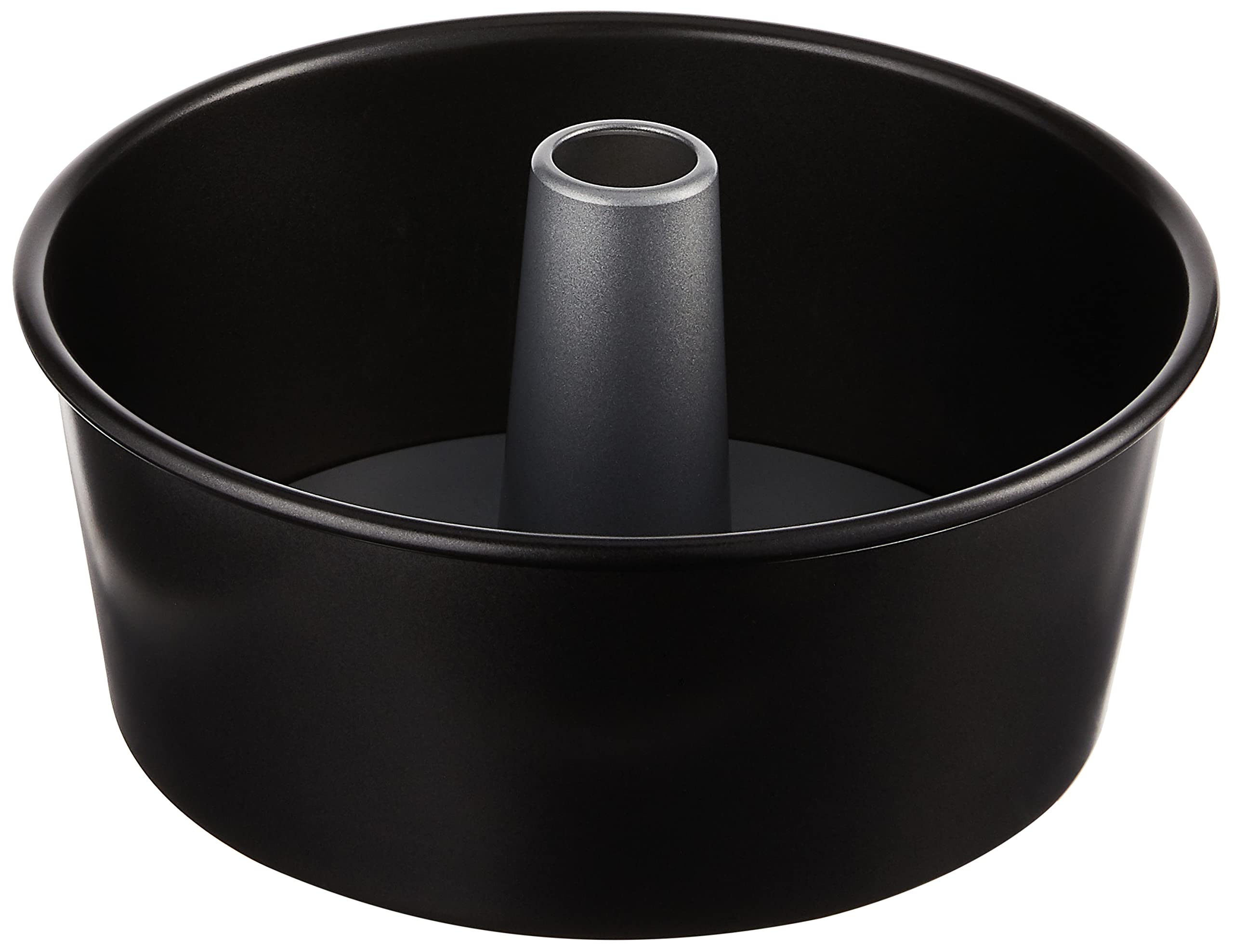Understanding the Difference Between Seasoned and Plain Rice Vinegar
When it comes to cooking, especially in Asian cuisine, rice vinegar is a staple ingredient. However, there are different types of rice vinegar available, with seasoned and plain being two of the most common varieties. Understanding the differences between these two types of rice vinegar can help elevate your dishes to new heights.
Plain Rice Vinegar
Plain rice vinegar, also known as rice wine vinegar, is made from fermented rice. It has a mild, slightly sweet flavor with a hint of acidity. This type of vinegar is commonly used in sushi rice, salad dressings, and marinades. It adds a subtle tang to dishes without overpowering the other flavors. Plain rice vinegar is a versatile ingredient that can be used in a wide range of recipes.
Seasoned Rice Vinegar
On the other hand, seasoned rice vinegar is a combination of plain rice vinegar, sugar, and salt. This type of vinegar has a sweeter and milder flavor compared to plain rice vinegar. The addition of sugar and salt gives seasoned rice vinegar a well-rounded taste that works well in dipping sauces, pickling, and as a flavor enhancer in stir-fries and marinades.
Key Differences
Now that we understand the basic characteristics of plain and seasoned rice vinegar, let’s highlight the key differences between the two:
- Flavor: Plain rice vinegar has a mild, slightly sweet flavor with a hint of acidity, while seasoned rice vinegar is sweeter and milder due to the addition of sugar and salt.
- Usage: Plain rice vinegar is versatile and can be used in a wide range of recipes, including sushi rice, salad dressings, and marinades. Seasoned rice vinegar is commonly used in dipping sauces, pickling, and as a flavor enhancer in stir-fries and marinades.
- Applications: While both types of rice vinegar can be used in various dishes, seasoned rice vinegar is particularly well-suited for recipes that benefit from a touch of sweetness and a more complex flavor profile.
Which One Should You Use?
When deciding whether to use plain or seasoned rice vinegar, consider the flavor profile of the dish you are preparing. If you want a subtle tang without added sweetness, opt for plain rice vinegar. On the other hand, if you’re looking to add a touch of sweetness and a more well-rounded flavor to your dish, seasoned rice vinegar may be the better choice.
It’s important to note that both types of rice vinegar can often be used interchangeably in recipes, with slight adjustments to the other ingredients to accommodate for the differences in flavor.
Conclusion
While both seasoned and plain rice vinegar originate from the same base ingredient, their flavor profiles and uses differ significantly. Understanding the distinctions between these two types of rice vinegar can help you make informed decisions when it comes to enhancing the flavors of your dishes. Whether you’re preparing a delicate salad dressing or a savory stir-fry, choosing the right type of rice vinegar can make all the difference in creating a memorable culinary experience.
Next time you reach for the rice vinegar in your pantry, consider the nuances of seasoned and plain varieties, and let your creativity in the kitchen flourish.

